“Sodium sulphate 25kg” has been added to your cart. View cart

Potassium Sulphate 500gm
$2,500.00 Original price was: $2,500.00.$2,300.00Current price is: $2,300.00.
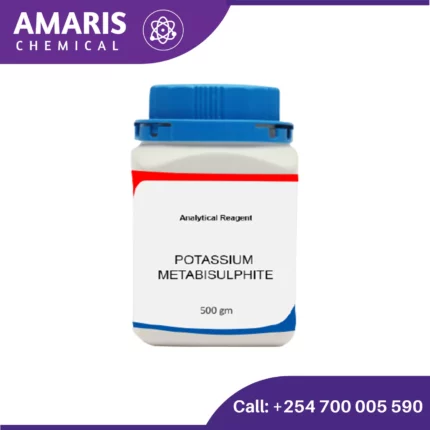
Potassium Metabisulphite 500gm
$810.00 Original price was: $810.00.$700.00Current price is: $700.00.
Potassium Hydrogen Carbonate 500gm
$1,080.00 Original price was: $1,080.00.$700.00Current price is: $700.00.
Whatsapp Order
Properties:Potassium hydrogen carbonate, also known as potassium bicarbonate, is a chemical compound with the formula KHCO₃. It is a white, crystalline powder that is slightly alkaline and commonly used in a variety of applications.
- Chemical Formula: KHCO₃
- Molar Mass: 100.115 g/mol
- Appearance: White crystalline powder
- Solubility: Soluble in water, slightly soluble in alcohol
- Density: 2.17 g/cm³
- Melting Point: Decomposes before melting
SKU:
ACS87128CHEM0
Category: Analytical Reagents
Description
Uses of Potassium Hydrogen Carbonate
- Buffer Preparation:
- pH Control: Potassium hydrogen carbonate is often used in the preparation of buffer solutions to maintain a stable pH during experiments, especially in biological and chemical research.
- Reagent:
- Chemical Reactions: It acts as a mild base and is used in reactions that require a weak alkaline environment.
- Carbonate Source: It can be used to introduce carbonate ions (CO₃²⁻) into reactions.
- Neutralization:
- Acid Neutralization: Used to neutralize acidic solutions, making it useful for titration experiments where precise pH control is necessary.
- Gas Evolution Experiments:
- Carbon Dioxide Generation: When potassium hydrogen carbonate reacts with acids, it releases carbon dioxide (CO₂) gas. This property is used in experiments that require a controlled release of CO₂.
- Standardization:
- Analytical Chemistry: Employed as a standard substance in titrations and other analytical procedures to determine the concentration of unknown acids or bases.
- Crystallization Experiments:
- Crystal Growth: Sometimes used in crystallization experiments to study the formation and properties of bicarbonate crystals.
- Calibration:
- Instrument Calibration: Used to calibrate pH meters and other analytical instruments that require accurate pH control.
Reviews (0)
Be the first to review “Potassium Hydrogen Carbonate 500gm” Cancel reply
Related products
Acetic Acid 2.5litre
Acetic acid is an organic acid with the chemical formula CH3COOH, also known as ethanoic acid. It is a colorless liquid with a pungent, sour taste and a distinctive vinegar-like odor. Acetic acid is an important industrial chemical used in the production of various products, including solvents, plastics, textiles, and food additives. It is also the main component of vinegar, which is commonly used as a condiment and preservative in cooking and food preparation.
Aceto Carmine 100 ml
Aceto carmine is a staining solution used primarily in microscopy to highlight cellular components. It is a mixture of carmine dye and acetic acid. Here’s an overview of its properties, preparation, and uses:
Properties
- Color: Red to purplish-red.
- Solubility: Soluble in water and ethanol.
- Staining Characteristics: Stains chromatin and cytoplasmic components, providing contrast for better visualization under a microscope.
Preparation
- Ingredients:
- Carmine dye: A natural red dye extracted from the cochineal insect.
- Acetic acid: A colorless liquid organic compound with a pungent smell.
- Procedure:
- Dissolve a specific amount of carmine powder in hot distilled water.
- Add glacial acetic acid to the solution.
- Filter the mixture to remove any undissolved particles.
Aluminum Ammonium Sulphate
Aluminum ammonium sulfate, also known as ammonium alum or just alum, is a chemical compound with the formula (NH4)Al(SO4)2·12H2O. It's a white crystalline solid commonly used in water purification, leather tanning, and as a mordant in dyeing textiles.
In water purification, alum acts as a coagulant to remove impurities by causing suspended particles to clump together, making it easier for filtration to remove them. In leather tanning, it helps to stabilize the leather by tightening the collagen fibers. And in dyeing textiles, alum helps the dye adhere to the fabric.
However, it's important to note that excessive exposure to aluminum compounds like alum can be harmful, so it's typically used with caution and proper safety measures.
Aluminum Nitrate 500gm
Aluminum nitrate is a chemical compound with the formula Al(NO3)3. It's a salt composed of aluminum and nitrate ions. It's commonly encountered as a hydrate with varying numbers of water molecules associated with each aluminum nitrate formula unit. It's soluble in water and is often used in various industrial processes, including as a mordant in dyeing fabrics and in the production of aluminum oxide. Additionally, it's used in some chemical reactions and as a component in some types of rocket propellants.
Aluminum Oxide 500 grams
Aluminum oxide, often referred to as alumina, is a chemical compound made up of aluminum and oxygen atoms (Al2O3). It occurs naturally in various minerals, including corundum and bauxite. It is one of the most widely used compounds, valued for its hardness, strength, and resistance to abrasion and corrosion.
Aluminum Potassium Sulphate 500gm
Aluminum Potassium Sulphate, commonly known as potassium alum or potash alum, is a chemical compound with the formula KAl(SO₄)₂·12H₂O. It is a type of alum, a double sulfate salt, and is typically found in its dodecahydrate form. Here are some key points about this compound:
Physical Properties:
- Appearance: Colorless, transparent crystals or white powder.
- Solubility: Soluble in water but insoluble in alcohol.
- Melting Point: Decomposes at high temperatures before melting.
Chemical Properties:
- Molecular Formula: KAl(SO₄)₂·12H₂O
- Molecular Weight: 474.39 g/mol (for the dodecahydrate form)
- Acidity: It is slightly acidic in aqueous solution.


 Emollients
Emollients Humectants
Humectants UV Filters
UV Filters Surfactants (cosmetic)
Surfactants (cosmetic) Preservatives (cosmetic)
Preservatives (cosmetic) Fragrances and Essential Oils
Fragrances and Essential Oils Antioxidants (cosmetics)
Antioxidants (cosmetics)
 Solvents (lab)
Solvents (lab) Chromatography Chemicals
Chromatography Chemicals Microbiology and Cell Culture Reagents
Microbiology and Cell Culture Reagents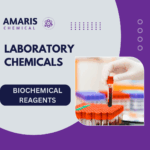 Biochemical Reagents
Biochemical Reagents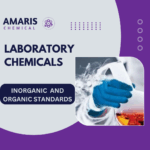 Inorganic and Organic Standards
Inorganic and Organic Standards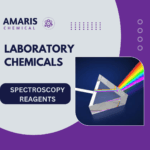 Spectroscopy Reagents
Spectroscopy Reagents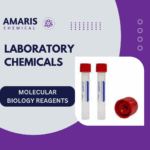 Molecular Biology Reagents
Molecular Biology Reagents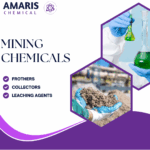
 Precious Metal Extraction Agents
Precious Metal Extraction Agents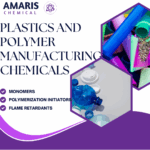
 Plasticizers
Plasticizers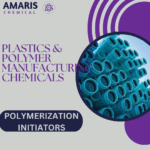 Polymerization Initiators
Polymerization Initiators Stabilizers
Stabilizers Monomers
Monomers Fillers and Reinforcements
Fillers and Reinforcements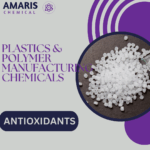 Antioxidants (plastics)
Antioxidants (plastics)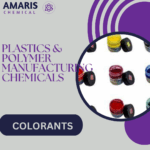 Colorants (plastic pigments,Dyes)
Colorants (plastic pigments,Dyes)
 Fertilizers
Fertilizers Plant Growth Regulators
Plant Growth Regulators Soil Conditioners
Soil Conditioners Animal Feed Additives
Animal Feed Additives Biostimulants
Biostimulants
 Dough Conditioners
Dough Conditioners Flour Treatments
Flour Treatments Fat Replacers
Fat Replacers Preservatives (baking)
Preservatives (baking)
 Surfactants (cleaning)
Surfactants (cleaning) Builders
Builders Bleaching Agents
Bleaching Agents Enzymes
Enzymes Solvents (cleaning)
Solvents (cleaning) Fragrances
Fragrances Disinfectant
Disinfectant Metal cleaning
Metal cleaning
 Binders/Resins
Binders/Resins Pigments
Pigments Solvents (paint)
Solvents (paint) Additives
Additives Driers
Driers Anti-Corrosion Agents
Anti-Corrosion Agents Specialty Coatings
Specialty Coatings Functional Coatings
Functional Coatings Application-Specific Coatings
Application-Specific Coatings
 Sealants and Adhesives
Sealants and Adhesives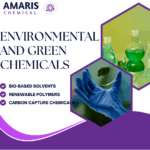
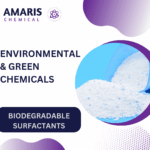 Biodegradable Surfactants
Biodegradable Surfactants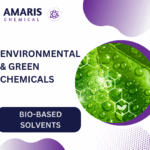 Bio-based Solvents
Bio-based Solvents Renewable Polymers
Renewable Polymers Carbon Capture Chemicals
Carbon Capture Chemicals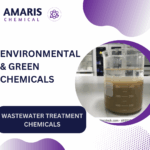 Wastewater Treatment Chemicals
Wastewater Treatment Chemicals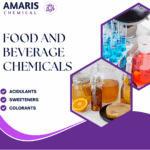
 Preservatives (food)
Preservatives (food) Flavor Enhancers
Flavor Enhancers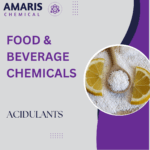 Acidulants
Acidulants Sweeteners
Sweeteners Emulsifiers
Emulsifiers Antioxidants (food)
Antioxidants (food) Colorants (food)
Colorants (food) Nutrient Supplements
Nutrient Supplements Nutraceutical Ingredients
Nutraceutical Ingredients
 Fresh Herbs
Fresh Herbs Whole Spices
Whole Spices Ground Spices
Ground Spices Spice Blends
Spice Blends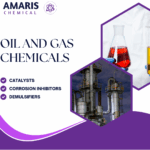
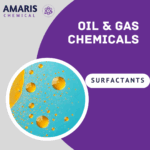 Surfactants(oil)
Surfactants(oil)
 Antibiotics
Antibiotics Active Pharmaceutical Ingredients
Active Pharmaceutical Ingredients Excipients
Excipients Vaccine Adjuvants
Vaccine Adjuvants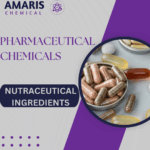 Nutraceutical Ingredients
Nutraceutical Ingredients Solvents (pharmaceutical)
Solvents (pharmaceutical)
 Automotive chemicals
Automotive chemicals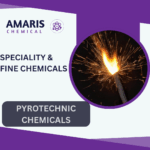 Pyrotechnic Chemicals
Pyrotechnic Chemicals
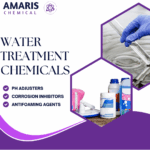

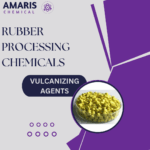 Vulcanizing Agents
Vulcanizing Agents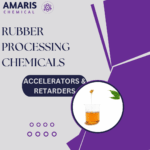 Accelerators & Retarders
Accelerators & Retarders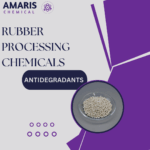 Antidegradants
Antidegradants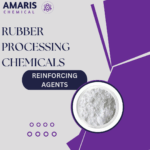 Reinforcing Agents
Reinforcing Agents Plasticizers & Softeners
Plasticizers & Softeners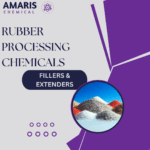 Fillers & Extenders
Fillers & Extenders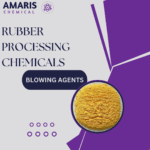 Blowing Agents
Blowing Agents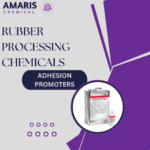 Adhesion Promoters
Adhesion Promoters
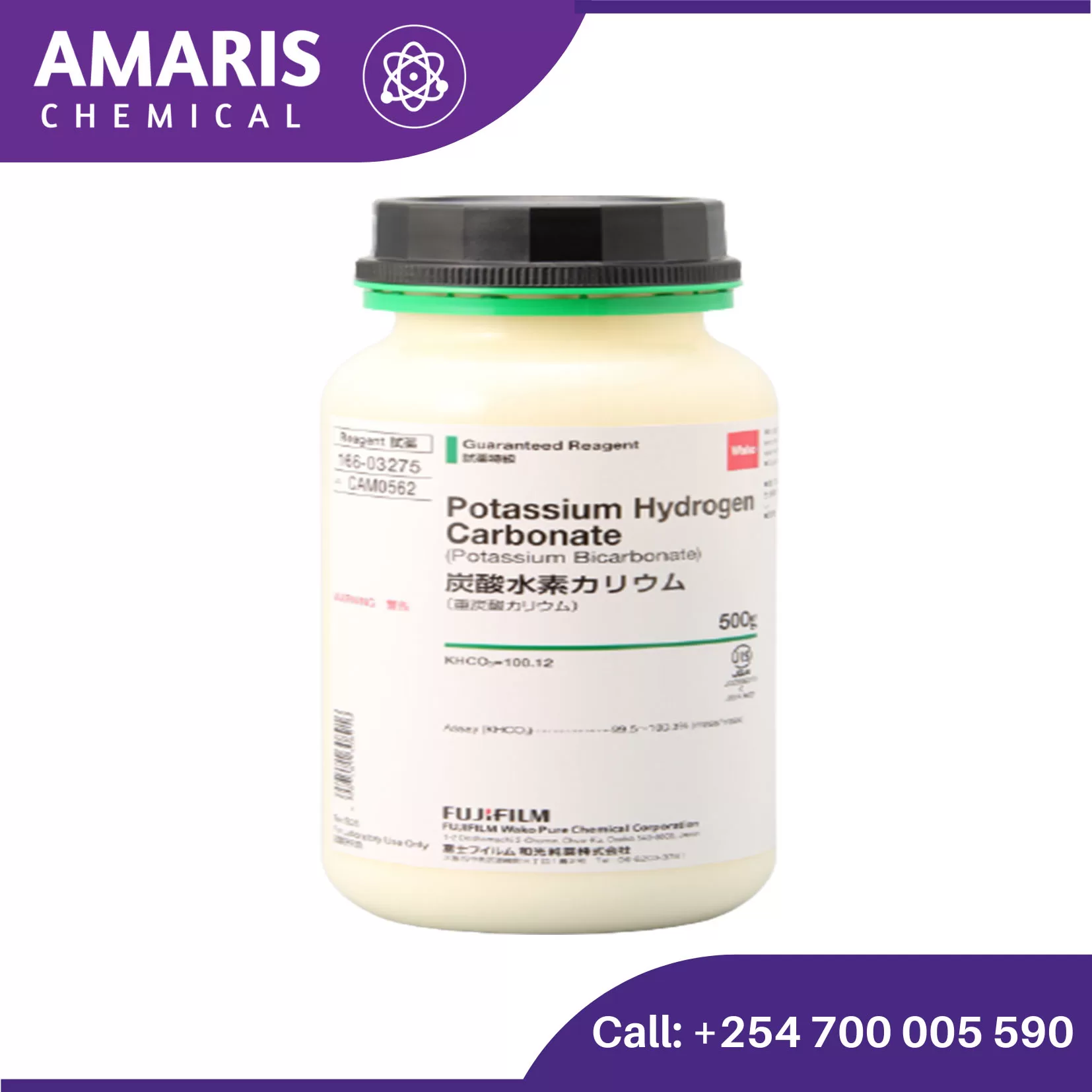
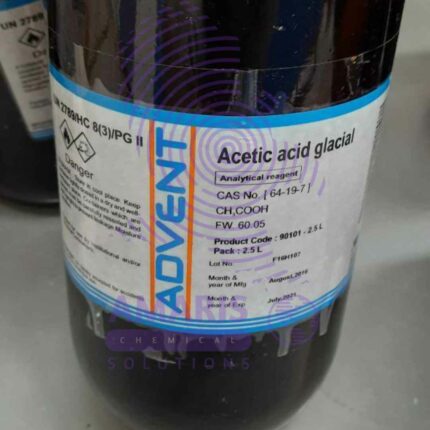
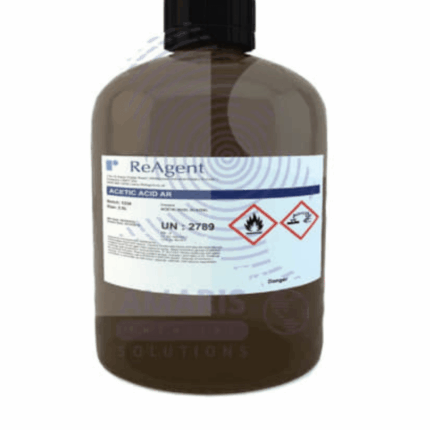
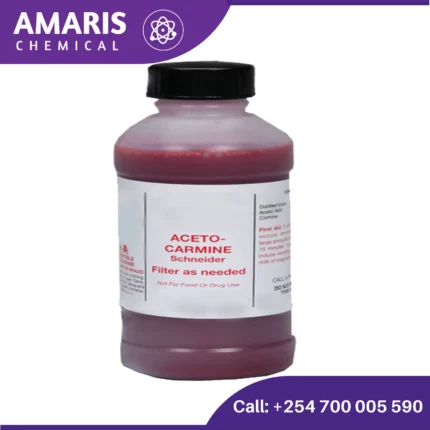
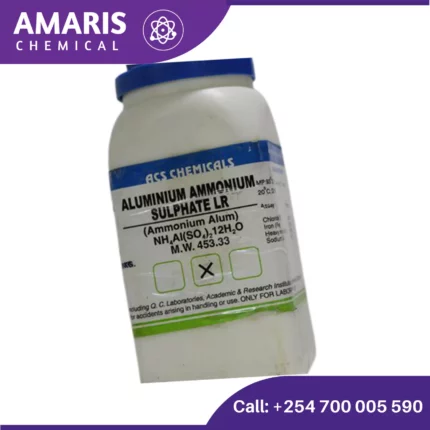
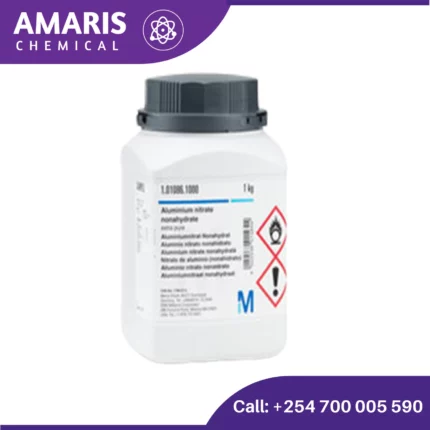
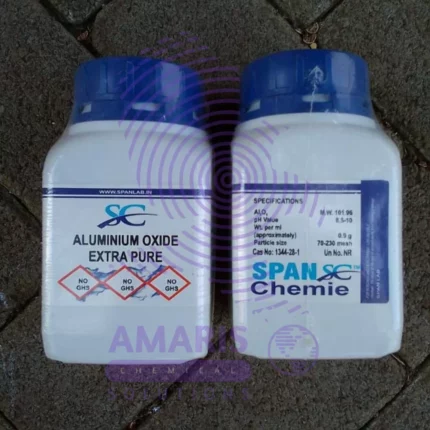

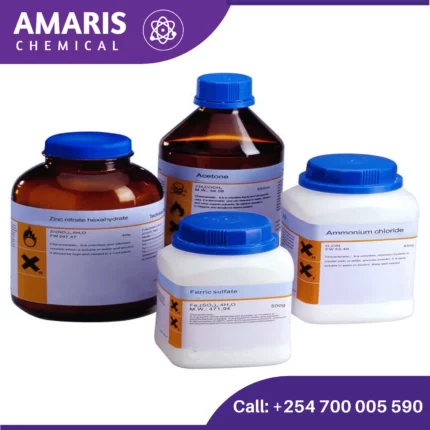
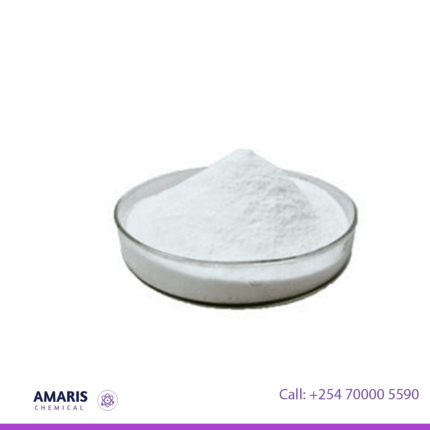













Reviews
There are no reviews yet.